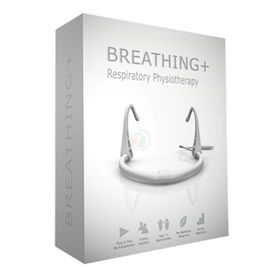Vprašanje stranke:
Kaj je aspiracijska pljučnica? Vprašanje anonimne stranke
Odgovor farmacevta:
Aspiracijska pljučnica je vrsta pljučnice, ki se pojavi, ko tujek, tekočina, hrana ali druge snovi vstopijo v dihalne poti in se nato aspirirajo ali vdihnejo v pljuča. To lahko privede do vnetja in okužbe pljučnega tkiva.
Aspiracija lahko nastane zaradi različnih razlogov, vključno z:
- Zastojem hrane ali tekočine: to se lahko zgodi, ko oseba ne more pravilno požirati zaradi stanj, kot so možganska kap, Alzheimerjeva bolezen, poškodbe glave ali težave s požiranjem (disfagija).
- Zastojem želodčne vsebine: če se želodčna vsebina (kislina in prebavni sokovi) vrne nazaj v požiralnik in nato vdihne v dihalne poti, lahko to povzroči aspiracijsko pljučnico. To se lahko zgodi pri ljudeh s gastroezofagealnim refluksom (GERB) ali pri tistih, ki so na mehanski ventilaciji.
- Aspiracijo tujka: če tujek, kot je košček hrane, del zob ali druga tuja snov, vstopi v dihalne poti, lahko tudi to povzroči aspiracijsko pljučnico.
Preverite še več o pljučnici.
Simptomi aspiracijske pljučnice so lahko podobni simptomom drugih vrst pljučnic, vključno s kašljem, težavami z dihanjem, vročino, bolečinami v prsih in splošnim slabim počutjem. Vendar pa je lahko zgodovina aspiracije ali prisotnosti tujka v dihalnih poteh pomemben podatek za diagnozo aspiracijske pljučnice.
Zdravljenje aspiracijske pljučnice običajno vključuje uporabo antibiotikov za zdravljenje okužbe, podporno terapijo za lajšanje simptomov in včasih tudi druge postopke, kot je odstranjevanje tujka iz dihalnih poti. Pomembno je pravočasno prepoznati in zdraviti aspiracijsko pljučnico, saj lahko sicer povzroči resne zaplete, kot so abscesi pljuč ali pnevmotoraks.
Zanimivo branje: Pljučnica nalezljivost
Zanimivo branje: Pljučnica pri starejših








 Facebook
Facebook
 Instagram
Instagram
 info@moja-lekarna.com
info@moja-lekarna.com

